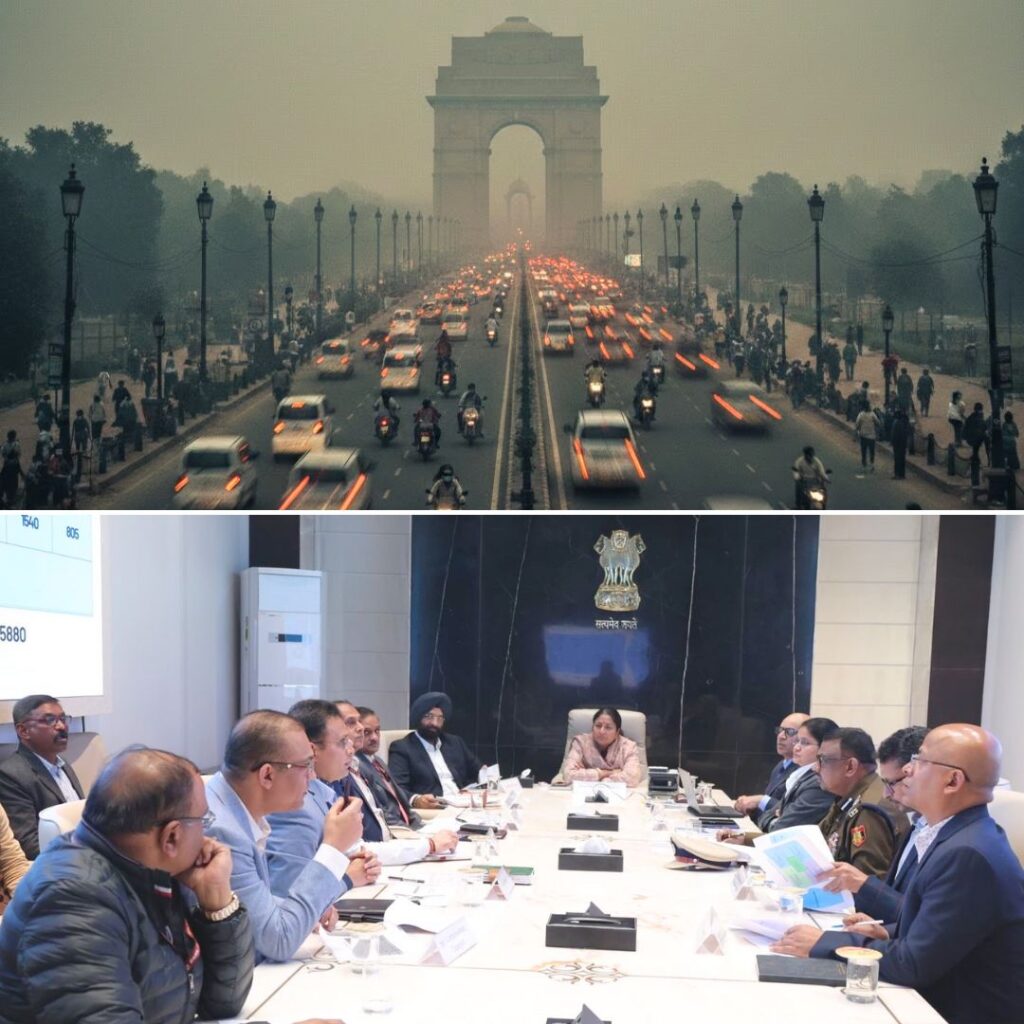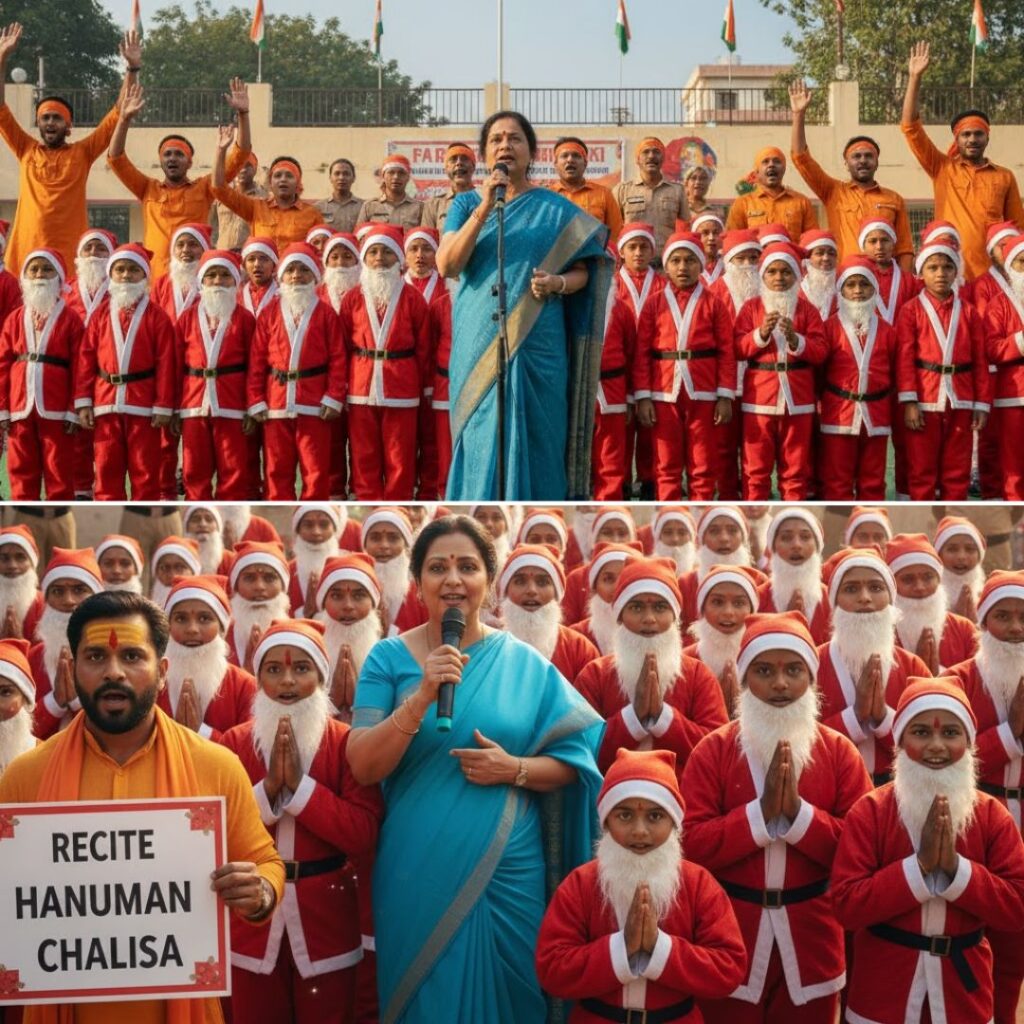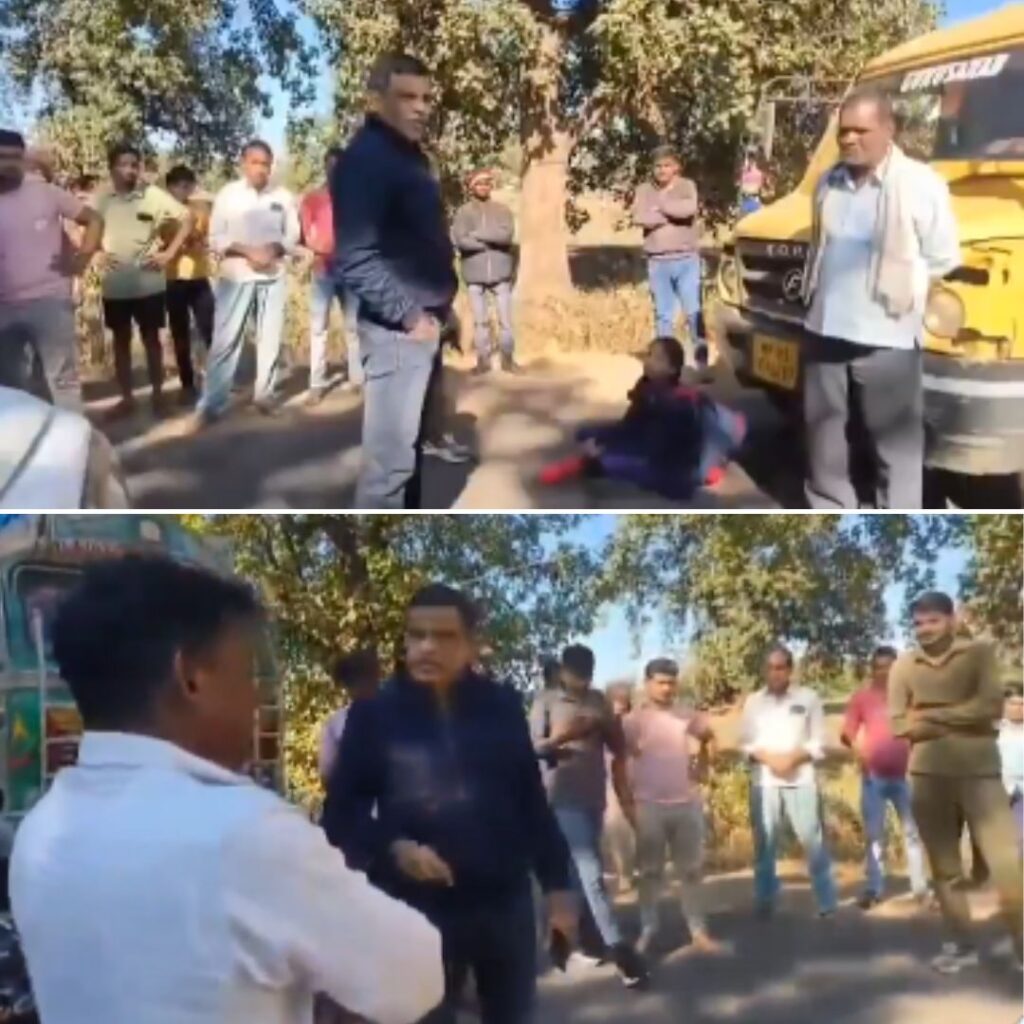A note to the top police officers in states enlisted ‘keeping a watch on universities’ and ‘infiltrating their WhatsApp groups’ as measures to be undertaken to keep an eye on miscreants who may indulge in activities that threaten the country’s integrity.
The note was circulated after discussions during the annual conference of Directors General of Police (DGPs) and Inspector General of Police (IGPs) that was held in December in Pune.
The three-day event addressed by Prime Minister Narendra Modi was aimed at promoting scientific and forensic-based investigation as well as technology-enabled policing.
Police officers who attended the conference and who assessed the objectives said that the instructions aimed to make the officials aware of activities taking place on university campuses which were increasingly becoming the centre of political agitation, The Indian Express reported.
‘Emphasis has been laid at the conference on being in touch with the student community, to have prior knowledge of any potentially sensitive situation and prepare for it. We should not be caught in a situation where someone springs a surprise on us,’ said a DGP who attended the conference to The Indian Express.
To keep a tab on the progression, each police station is required to list the actions it has taken over the year related to the objectives. The action-reports will then be analyzed by each state and agency and submitted to the Ministry of Home Affairs before the next conference.
Another senior IPS officer said that keeping track of WhatsApp conversations is standard policing practice. He further added that the police officers make sure to be a part of the digital platforms at every level, especially the Whatsapp groups run by different political parties, communities, trade, labour unions, students and other organizations planning protests and demonstrations.
The directives also enlist a number of instructions that include reading tweets and retweets of citizens to take stock of the public mood, to keep a watch on the hate speeches, increase police presence in schools, and organizing visits of students to police stations.
The format of the conference underwent a change in 2015 when it was expanded from a day-long affair in New Delhi to its present three-day-long conference at the Indian Institute of Science Education and Research (IISER) in Pune.
According to a statement issued by the Prime Minister’s Office (PMO), these directives were arrived at after taking the key findings by the committee of DGPs into consideration. Internal and external security such as terrorism, Naxalism, coastal security, cyber threats, combating radicalization and narco-terrorism were some of the issues examined by the committee.
Also Read: Indian-Origin Doctor Convicted For Sexually Assaulting Female Patients In UK













